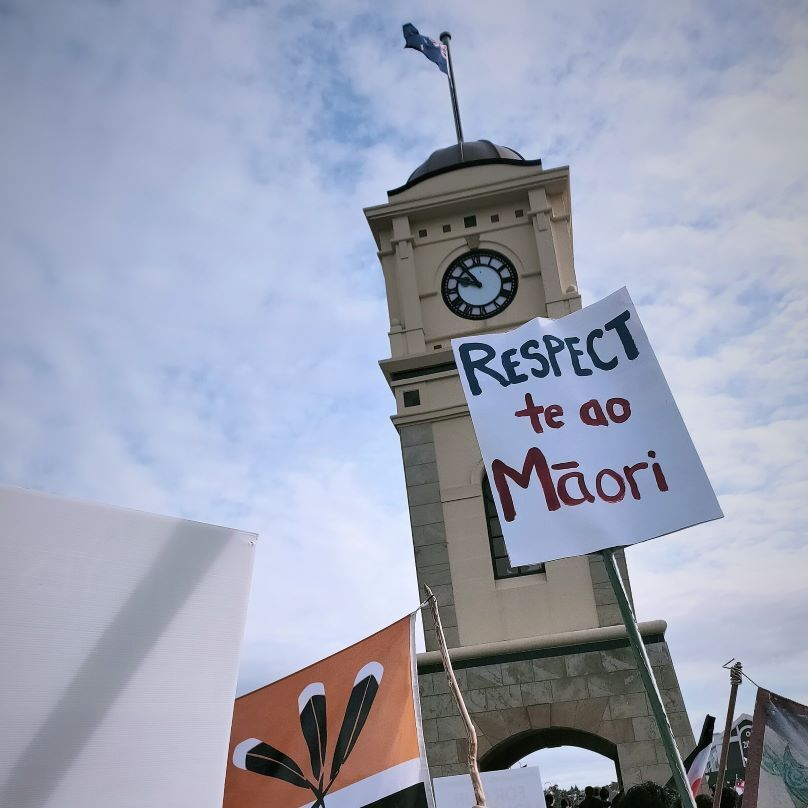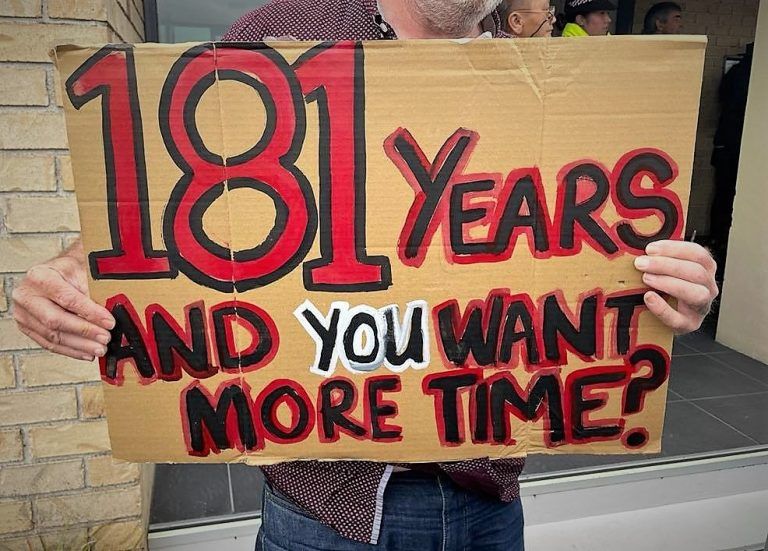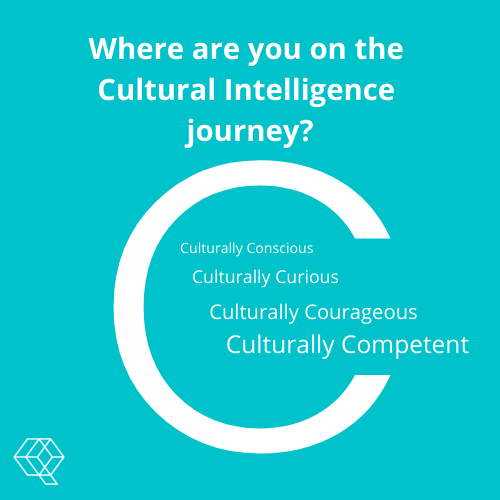Ph: 06 280 0938
What might it be like…being the ‘other’ culture?

As an old, straight, white man, I have had no need to ponder this question, as us fellas have ‘dominated’ most, if not all other cultures for a wee while now. And bloody good we are at it too, I might add.
So, what’s the fuss? It’s all going swimmingly!
Women have the vote, Māori are better off because of colonisation, we tolerate the gay people, and that LGBT lot we just ignore now.
Let’s just be thankful for what us white boys have created for everyone and carry on eh!
There you go – shortest blog I have ever written and aren’t we all thankful…
Once upon a time, this might have been me. For some of the people I know, this is still them.
However, recently I experienced being the ‘other’ rather than the ‘dominant’ culture that I am so used to. Looking back, I have been the ‘other’ a few times before in my life, without realising why I felt so pissy.
This time I knew exactly what was going on, and the fact that I was firmly in the ‘other’ stable. It was a complex family situation and came as a surprise to me.
Here is the thing I learnt (apart from feeling like a spare part), which is that when you are in this ‘other’ dynamic, it’s hard to fit in and engage with the dominant culture. In fact, I have since learnt that ‘dominant’ cultures often don’t have any idea what impact they are having on the ‘others’. The barriers are real and imposing, yet don’t seem that way to the people who created them.
A wonderful learning experiment
Last week I attended a workshop created and facilitated by the talented Sarah Tocker, entitled ‘When Cultures Meet’, as I’m now fascinated with this topic and need to learn more.
Sarah has designed a wonderful learning experiment. Teams were assembled and each team given a particular culture that we needed to embrace, and a task to complete. Easy as. That is until the rules changed, we lost our resources and then had to engage with other teams of differing team cultures to complete the task. That was a whole new ball game.
Our team went in with wonderful intentions to help out and full of good cheer, only to be frowned at and not understood as we brought our culture into their space. We had 17 minutes to complete the task at hand. Our team added no value, were marginalised, and talk about resentful! That was us – all in a matter of minutes in a make-believe setting.
We then needed to vote for the best thing a team had created, and there was no way I was voting for the team we went to help. In fact, I didn’t even want to vote for any of the bastards and took myself away from the action all together. F**k the system.
This was make-believe, happening in a controlled environment and I thought, what would I be like in a real situation, where it is like this every day, week, and month, for years? I would end up in jail very quickly, just by battling an unjust system.

What is culture?
Here’s a subtle example:
We might first encounter culture when we visit a friend’s home for a sleepover at say 10 years old. At that age, you might think that all families are like yours, do the same things and stuff as yours does. That is until mealtime, when this family might join hands and bless the food, or eat in front of the TV, or outside, give the leftovers to the dog on the floor, eat their greens, and other weird stuff like that – and right there you have a simple introduction to cultural differences. This family may even be from the same socio-economic, and ethnic makeup as your own, but they appear a little ‘weird’ when measured up against your family’s ways. Heaven forbid if they are a different skin colour and born in a different country, speaking English as a second language.
A good culture is like oil in an engine – without it, the magnificent moving parts overheat and grind to a halt even when they fit together. A poor culture, and there is less to no oil in the engine.
Getting curious
So, what am I going to do about this heightened awareness of being the ‘other’ now I’m more conscious of it?

I’m going to get curious, then courageous, and hopefully a bit more competent (which is our Cultural Intelligence framework that we have adopted at work). Here’s a few things I’ve found helpful or am working on:
- Reading up. This article on the six top tips for being a workplace ally is the most thought provoking I have come across so far, and it really got me thinking.
- Learning more from authors/thinkers/commentators like Moana Jackson – here’s a recent comment-piece of his that struck a chord for me.
- Working on understanding my personal privilege and what impact it has on others.
- Helping my buddies (who might still think a little like my intro paragraph) to understand the effects of colonisation on Māori, without pissing them off. This is tricky.
- Also, I’ll be trying not to be a righteous bugger when I find that I am the ‘other’ and will be looking for ways to stay connected. This might well be the hardest one of all.
So peeps – take notice of when you are the dominant in the crowd, and think about what you are going to do, to bridge that gap. From my experience, your individual actions will start to make, and add up to, the ‘difference’ that we all need to see in our world.
Collective Intelligence 2022 ©